The gut is full of surprises. Recent findings suggest that it's not just about digestion. Instead, our gut might be communicating with our brains like never before.
iN SUMMARY
- 🧬 Scientists have discovered a unique “neurobiotic sense” that allows our gut to communicate rapidly with the brain.
- 🧠 This communication can send appetite-suppressing signals from colon cells to the brain.
- 🌿 Our gut microbiome might influence behavior and mental health — beyond just digestion.
- 🗺️ Implications of this discovery offer new insights into potential treatment avenues for various mental and physical health conditions.
The Science of Gut Communication
According to recent research, there's a novel communication system in our body termed the "neurobiotic sense." This breakthrough means that colon cells detect microbial proteins and quickly relay signals to the brain — primarily suppressing appetite. The discovery opens doors to questions about how our gut flora might be shaping more than just our digestion, perhaps affecting our mood and behavior too.
How It Works
Think of your gut like a bustling downtown, full of activity and interaction. Your brain, sitting in its office miles away, needs to know what's happening there. The "neurobiotic sense" serves as a super-fast communication line keeping the brain updated.
- Detection: Colon cells pick up signals from microbial proteins.
- Response: These signals are rapidly sent to the brain.
- Result: The brain receives these signals, influencing feelings of fullness or hunger.
The Bigger Picture: Impact on Behavior and Mood
Understanding gut-brain communication is vital in today's fast-paced world. If you're in Toronto or hopping around cities like New York City, it's essential to consider how your gut might influence your daily life and decisions. A balanced microbiome could mean improved mental health and behavioral stability.
The Science Behind It
To break it down scientifically, specialized cells in our colon called enterocytes detect specific proteins produced by gut bacteria. These proteins bind to receptors that activate neural pathways, sending signals via the vagus nerve straight to the brain. While this might sound complicated, it's a natural process, seamless in its operation but fascinating in its potential implications.
The Connection to Mental Health
The revelation that gut health could affect mental health adds a new layer to how we view and manage both. Mood swings, feelings of depression, and anxiety might have roots in our digestive systems. Increased research could pave the way for new therapies targeting gut health to improve mental well-being.
Actions You Can Take
While scientists continue exploring this gut-brain axis, there are practical steps you can take right now:
- Eat a balanced diet: Include foods rich in probiotics and prebiotics, such as yogurt and bananas.
- Exercise regularly: Physical activity can help maintain a balanced microbiome.
- Stay informed: Follow the latest research, especially if you have digestive or mental health issues.
Products That Can Help
- Probiotic Supplements: Help support your gut with probiotic capsules.
- Prebiotic Foods: Enhance your diet with prebiotic-rich ingredients.
Looking Ahead
As researchers dive deeper, it's thrilling to consider all we might learn about the gut-brain connection. The work being done today builds a foundation for tomorrow's breakthroughs.
Whether you're a researcher discovering new information in Ottawa or a curious resident exploring the wonders of this hidden sense, there's no limit to the potential benefits this discovery holds.
We invite you to ponder: How might this understanding of gut-brain interactions change your approach to health and wellness? Share your thoughts, join the conversation, and consider becoming part of the iNthacity community. Whether you're intrigued by emerging science or inspired by potential health improvements, your journey toward gut-brain harmony starts now.
Might the journey from gut to brain be the most enlightening road we'll ever travel? Now that's food for thought—pun intended!
Disclaimer: This article may contain affiliate links. If you click on these links and make a purchase, we may receive a commission at no additional cost to you. Our recommendations and reviews are always independent and objective, aiming to provide you with the best information and resources.
Get Exclusive Stories, Photos, Art & Offers - Subscribe Today!
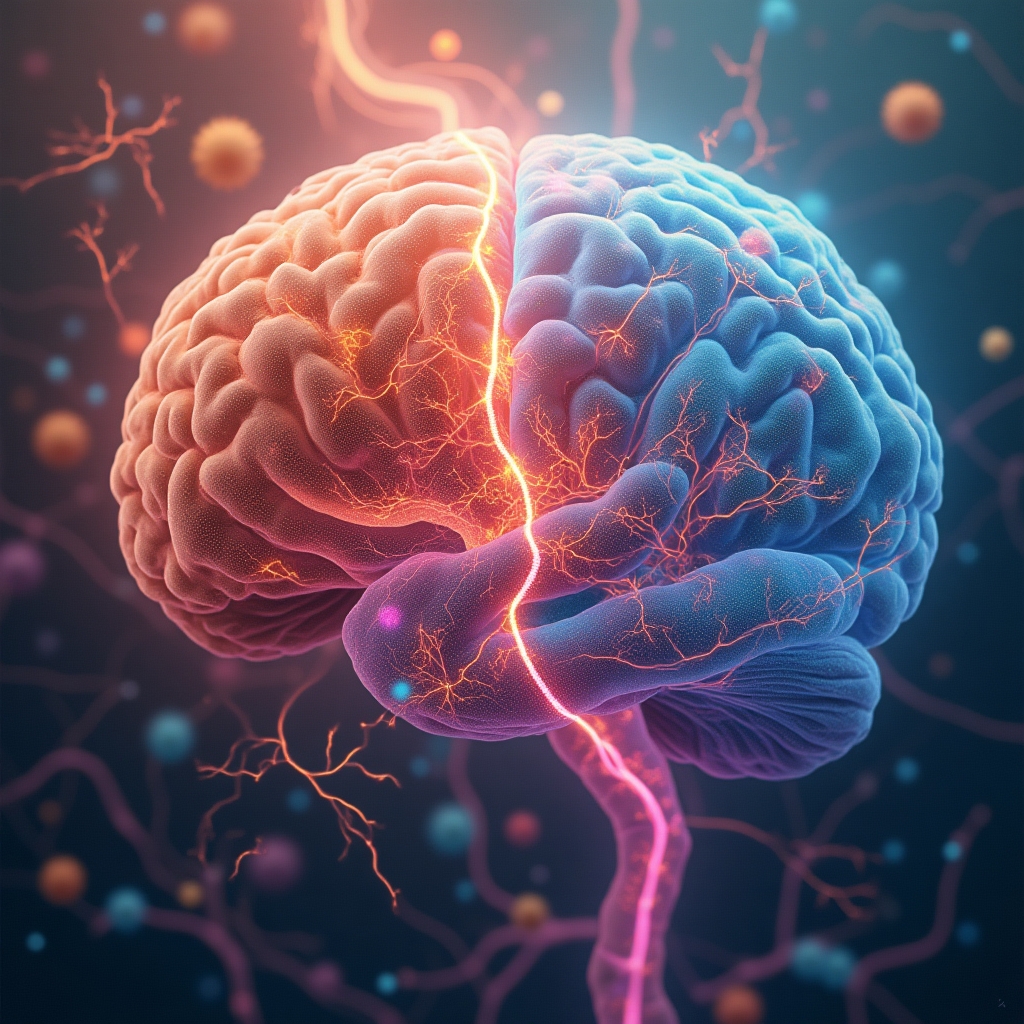

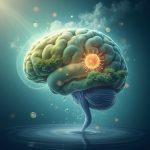
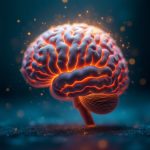
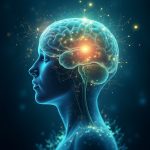

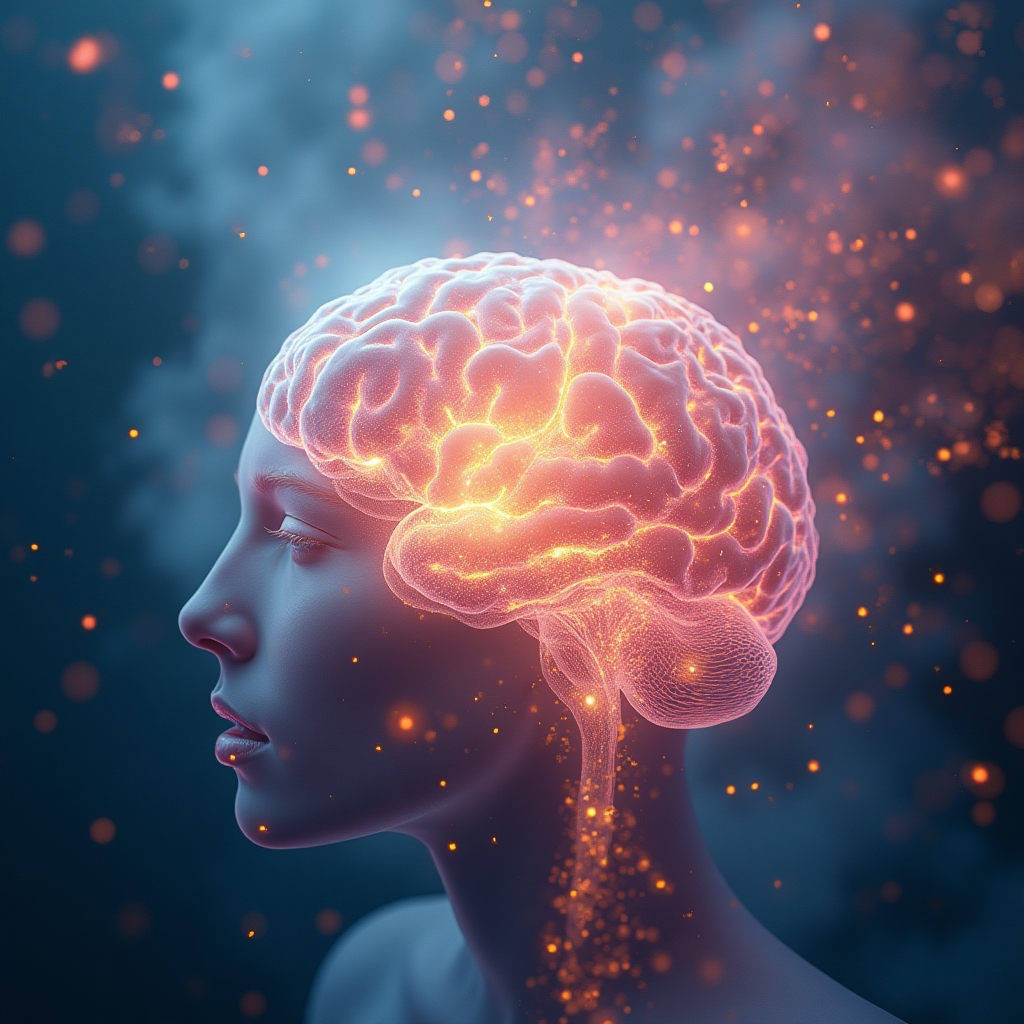

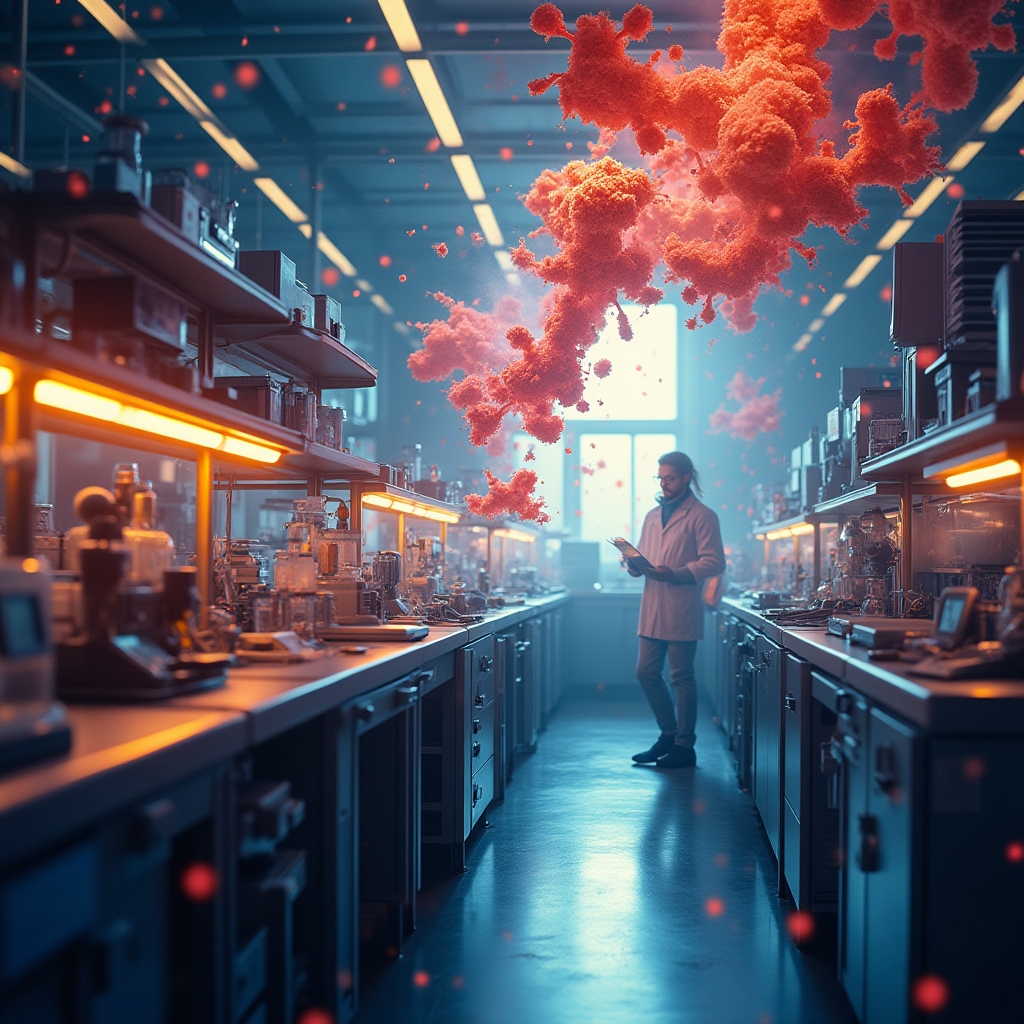















Post Comment
You must be logged in to post a comment.